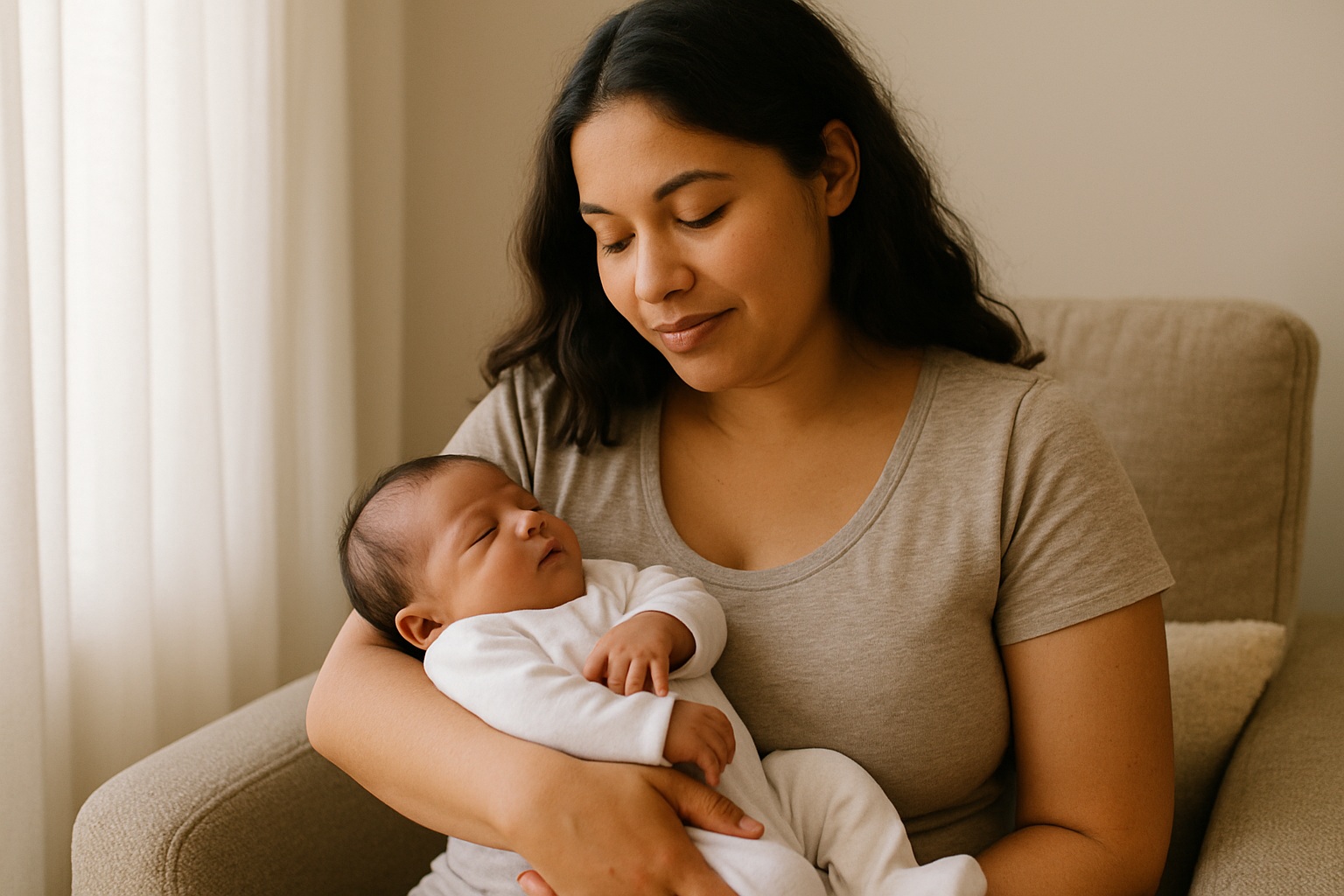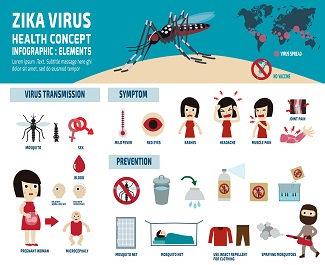The first month after childbirth is a time of significant adjustment for both mother and baby. Understanding the changes to expect can help you feel more prepared and confident as you transition into parenthood.
1. Physical Recovery for Mothers
After delivery, your body goes through a recovery process:
- Vaginal bleeding (lochia) can last up to 6 weeks.
- You may experience cramping as your uterus shrinks back to size.
- If you had a C-section, expect soreness and healing around the incision site.
- Breast engorgement and nipple sensitivity are common, especially in breastfeeding moms.
2. Emotional Changes
Hormonal fluctuations can affect mood and emotions. It's common to feel overwhelmed, tearful, or anxious in the early weeks—a condition often called the “baby blues.” If feelings persist or worsen, seek support as it may be postpartum depression.
3. Newborn Feeding
Newborns need to be fed every 2–3 hours. Whether breastfeeding or formula feeding, pay attention to hunger cues and ensure your baby is gaining weight appropriately.
4. Sleep Patterns
Babies sleep 14–17 hours per day, but not all at once. Expect irregular sleep and wake patterns. Nap when your baby naps to help combat exhaustion.
5. Doctor Visits
Both mother and baby will have follow-up visits with healthcare providers. These appointments are crucial to monitor healing, feeding, and development.
6. Building a Routine
Although your schedule may feel chaotic at first, try to create simple routines around feeding, bathing, and sleeping. Consistency will provide structure and comfort for both you and your baby.
7. Ask for Help
Don't try to do everything yourself. Allow family and friends to help with meals, chores, or caring for the baby so you can rest and recover.
The first month after delivery is filled with changes—but also with love, bonding, and discovery. Give yourself grace, take one day at a time, and reach out when support is needed. You're not alone on this journey.



